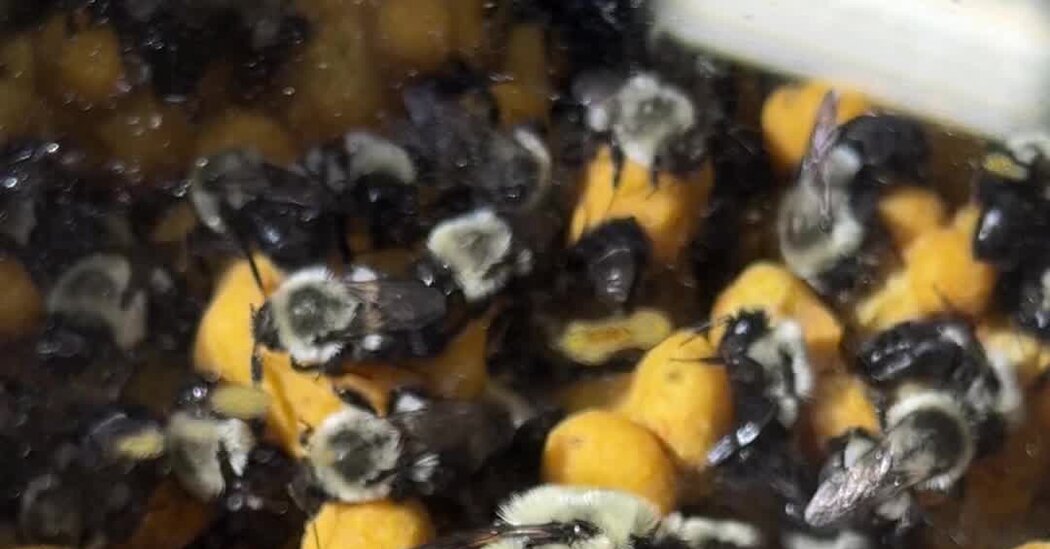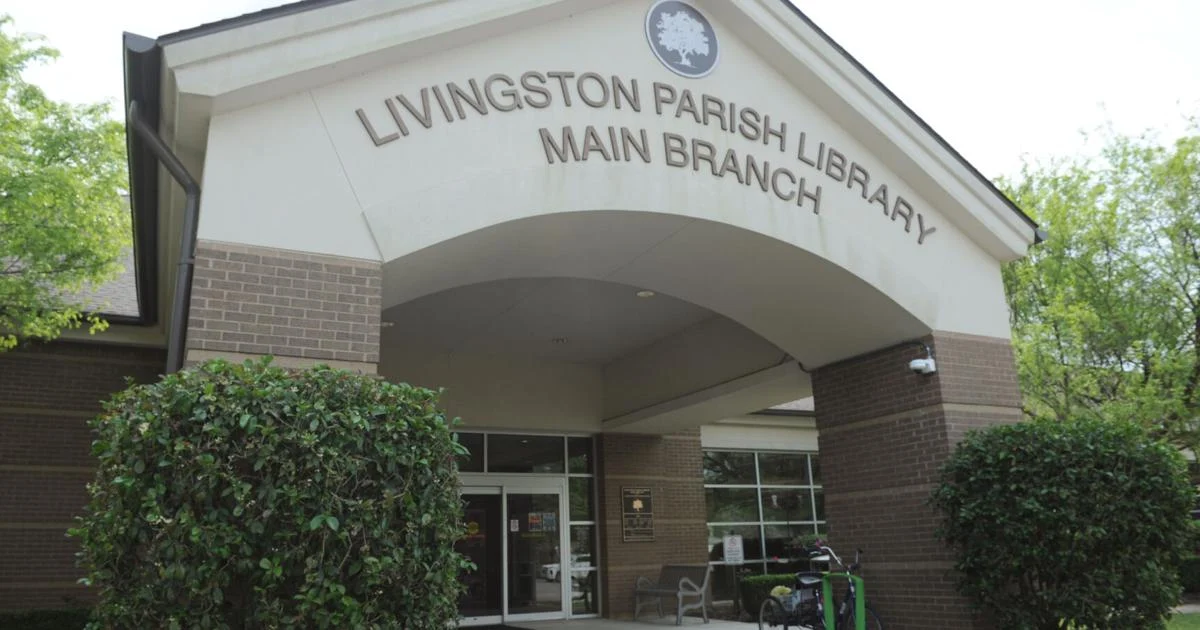Copyright The New York Times

The last weekend in September was a busy one in Wichita. There was a chili cook-off downtown, a custom car show over at the Cotillion Ballroom, and the Great Plains Renaissance and Scottish Festival, which drew all manner of jesters, knaves and tavern wenches to the county park. But hundreds of residents opted for something buzzier: The third annual ICT Bee Fest, named after Wichita’s airport code. Gathered at the Mid-America All-Indian Museum, where the Little Arkansas and Arkansas rivers met, bee festers learned about the ecological downsides of lawns and the virtues of native plants. They collected indigenous seeds and plants from local gardeners, visited a tent filled with migrating monarch butterflies, and gently, very gently, pet Eastern male bumblebees — which don’t have stingers. The event was organized by the Grassland Groupies, a small nonprofit group founded by two self-proclaimed “bug and plant nerds,” Nicole Brown and Rachel Roth, to promote native grasslands and pollinator habitat, along with what Ms. Roth calls “nature optimism.” “There’s so much wonder in nature, and that’s something that is really absent societally,” Ms. Roth said. “It decreases burnout, and adults should feel free to geek out over a tiny bug.” The Groupies were also pivotal in making Wichita the first Bee City USA affiliate in Kansas, part of a broad effort to fight steep declines in native bees, moths, beetles, flies, butterflies and other pollinating species. The Bee City USA designation, from the Xerces Society, a nonprofit group, required that the Wichita City Council resolve to expand pollinator habitat and reduce pesticide use. Supporters say the certification boosted awareness of the ways that humans can support the imperiled pollinators that are crucial for growing food, and to the web of life. “With all the chaos in the world right now, a lot of things feel out of control, and everyone’s trying to figure out, ‘how can I make a difference?’” said Emily Judson, president of Riverside Garden, a community space in Wichita, which was doling out packets of native plant seeds at the Bee Fest. “You don’t think that one little thing, like a seed packet, is making a difference. But this right here, this butterfly weed, that plant can support hundreds of monarchs.” Around her, festival attendees swirled. Children trailed parents in crayoned butterfly masks, gardeners bought purple coneflower and red columbine plants, and someone bounced about in an inflatable bee costume. Outside, a musician played a dreamy rendition of Chappell Roan’s “Pink Pony Club” on a handpan. In the butterfly tent, Allan Saylor, a naturalist, carefully affixed featherweight tags to the wings of monarchs, to help track their survival rates and migration routes. People young and old watched his delicate moves, rapt. Honeybees aren’t native to the Americas, and can be detrimental to native bees, but the attitude at ICT Bee Fest was that they can serve as a sort of gateway bug. To that end, Roy Beckemeyer, a retired aeronautical engineer, was sitting at a booth alongside a placard showing some of the roughly 400 species of bees native to Kansas. Mr. Beckemeyer, 83, said that his wife cultivated native gardens around their home for decades, and that he became more interested in the plants, and the insects they supported, after her death last year. He also said more Kansans seemed eager to help pollinating insects, likely because of mounting concerns about climate change and the rollbacks of environmental protections. “People are finally getting interested again, and hoping they can contribute some small part to turning things around,” he said. Talking freely about climate change was a big reason Ms. Brown and Ms. Roth, who both have science degrees, started Grassland Groupies. Ms. Brown said that in her previous work with other environmental groups she had encountered resistance to open scientific discussion. One employer told her not to use the word ‘evolution,’ for example. Ms. Roth added that much environmental outreach in the region focused on hunting and fishing. “It’s like you’re literally a consumer of nature,” she said. “We wanted to focus more on building our own community, and nourishing people and nature at the same time. It’s a very collaborative attitude.” The changing climate may be helping their cause. Last year, parts of Kansas were in a drought, prompting water restrictions. But the native plants at Riverside Garden required far less water and still bloomed, something that Ms. Judson said caught the attention of passers-by. At a time of political division, people found solace in the community gardens, Ms. Judson said. “We have different opinions, we have different politics, we have different everything, but it’s finding that commonality of where you can connect,” she said. “It’s hard to fight over butterflies.” As the festival drew to a close, attendees drifted away, and vendors began packing up. The monarchs were released from the butterfly tent to continue their fluttery migration, while the stingless Eastern bumblebees rested in their enclosure. After surviving a tough few hours of human fingers gingerly touching their backs, the reward of a lifetime awaited: retirement at the Riverside Garden, amid the thick pollen of its many native flowering plants.



